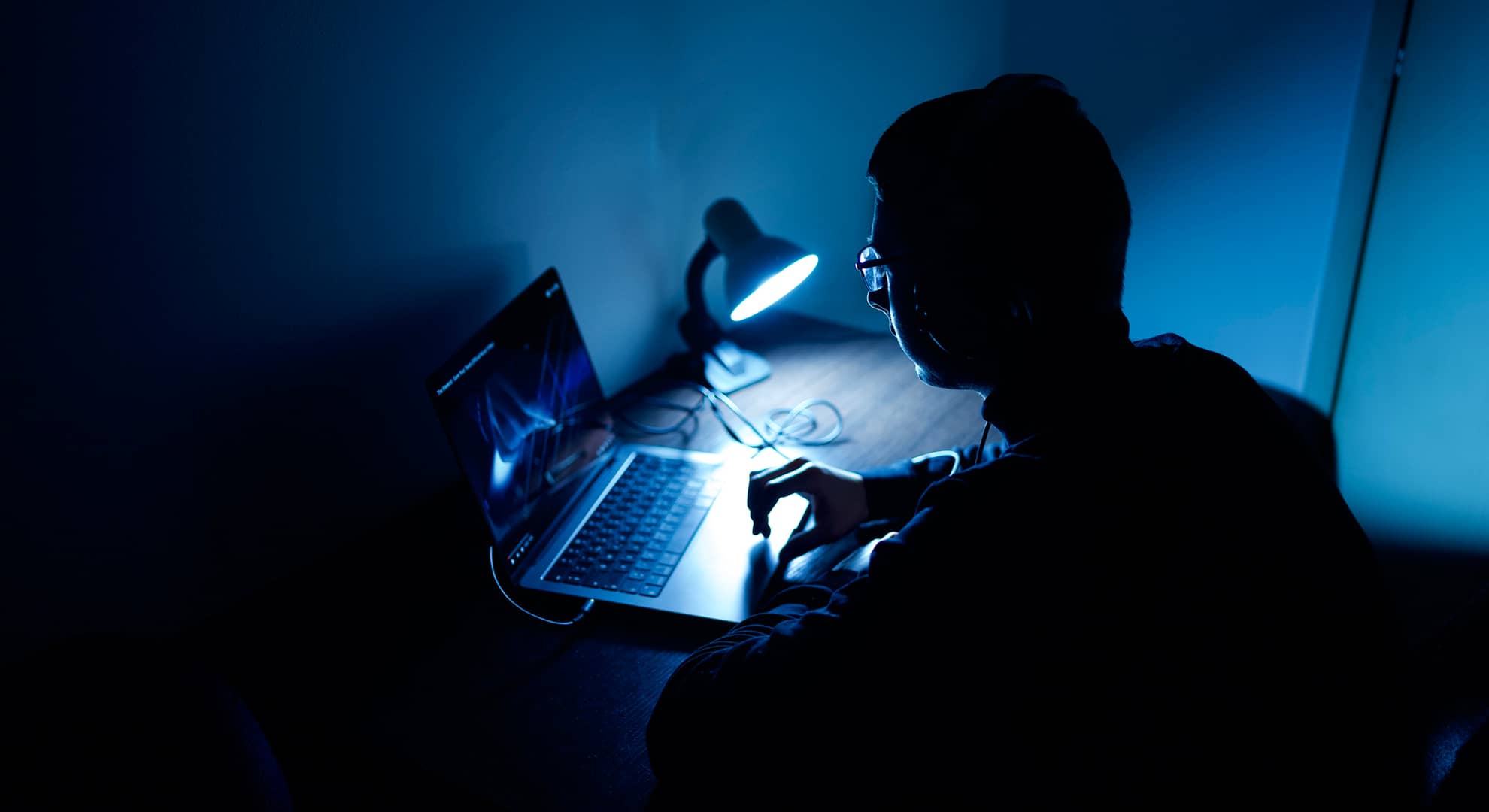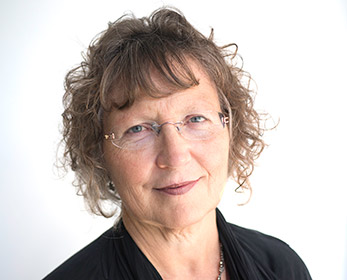A new Edith Cowan University (ECU) research project will give Australian teenagers a voice in designing porn literacy education that helps them critically interrogate online pornography and any unwanted impacts, thanks to a $239,981 Australian Research Council (ARC) Linkage Grant.
"Given teens encounter online pornography long before turning 18, there are calls for pornography education, also known as porn literacy, however, from our research it was clear that teens are already critical thinkers, able to discern fantasy from reality," ECU researcher and sexologist Dr Giselle Woodley said.
"We want to design strategies alongside teens that respond to their existing wisdom and that they will be responsive to."
Dr Woodley explained that ignoring the topic only increases the risks.
"While we are moving towards age verification, social media bans and restrictions, we need to consider bolstering education too. Teens in our previous research have told us education is the most effective strategy forward. This research is about helping young people unpack what they're seeing, ask questions, and develop the tools to make sense of it safely."
The study will adopt a multi-level approach where strategies devised by teens will be road tested for feasibility and responded to by parents and educators.
"Teens feel awkward discussing these topics with the adults in their life, and often detect their judgement or discomfort too," Dr Woodley said.
"Similarly, even in the face of these bans, which teens have also told us they can overcome, if adults assume teens aren't seeing porn, we leave them vulnerable to misinformation and potentially harmful ideas about sex, consent and relationships."
The research team will work with teens to co-design strategies that support their sexual wellbeing and recognise them as experts in their own experiences. By drawing on teens' insights, they aim to build young people's skills to critically evaluate online pornography and its associated risks, informing future Relationships and Sexuality Education.
Building on years of research
This new project builds on years of ECU research exploring teens' experiences with online sexual content. Earlier findings were recently cited in a New South Wales parliamentary inquiry, which adopted many of the researchers' recommendations calling for youth-informed pornography education and better support for families and schools.
Dr Woodley said this new phase of research takes that evidence from policy to practice.
"We're putting teenagers in the driver's seat," she said.
"They will help shape what porn literacy should look like, how it's delivered, and how adults can support them in a way that feels real, relevant, and that they will be receptive to."
The project will involve nine teen-based workshops and 40 individual interviews, as well as sessions with teachers and parents to trial teen-led strategies to open up intergenerational conversations.
ECU researchers Dr Giselle Woodley, Professor Lelia Green and Associate Professor Christopher Kueh will work with industry partners The Daniel Morcombe Foundation and Sexual Health Victoria, and international porn literacy expert Dr Siobhan Healy-Cullen from Massey University NZ to explore these issues in workshops across the country.
Research outcomes will be shared through partner organisations, policy submissions and education networks across Australia, helping families, schools and communities engage more confidently.

 iStock: Milan Kostic
iStock: Milan Kostic





